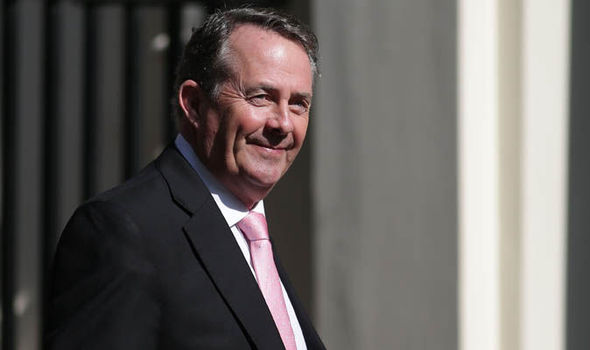As Britain march to exit Europe Union in March 29, 2019, eager Brexit supporters set a limit for the UK Prime Minister to keep Britain within EU customs arrangements only until 2022.
The position of supporters is coming as Brexit negotiations with the economic bloc enter the final stages.
May reportedly tried to push talks out of a deadlock over the introduction of customs on the borders of Northern Ireland; proposing instead to keep all of the UK under present EU/UK customs arrangements until the post-Brexit transition period ends in December 2020.
Brexit supporters condemn the Prime Minister’s plan, with UK MP Jacob Rees-Mogg calling it a “serious breach” of Brexit.
However, May’s opponents agreed to give the PM room for further action, warning that any extension on Brexit could run only until the next general elections in 2022.
EU representatives hinted that an extension of the customs arrangement by one and a half years would be enough to find a solution.
“Avoiding a hard border in Ireland has to be an all-weather fix — that means British election-proof,” according to a European official with inside knowledge of the debate.
The possible introduction of temporary customs arrangements with the EU has been criticized by Leave-supporters.
The Brexit secretary Dominic Raab reportedly argued against such a deal, saying that it would bind the UK to EU rules indefinitely.
Jenkin denied that Hard Brexit supporters among lawmakers would go so far as voting down the budget this month, although this possibility remains open as a way to put additional pressure on the Prime Minister.
The so-called Irish backstop has become a cornerstone for the final stages of negotiations between London and Brussels. Arlene Foster, leader of the Northern Irish Democratic Unionist Party, now in coalition with the Conservative party, noted that preventing new
border checks was a “blood red line.”
border checks was a “blood red line.”
A recent report shows that there is an understanding of a possible failure for Prime Minister May’s current Chequers proposal, as the decision cannot satisfy both the EU and the UK.
The lead negotiators from both sides — Michel Barnier and Daniel Raab — will spend the next ten days discussing possible versions of the agreement.
One possible solution, reported earlier, could be a Canada-style free-trade deal, removing the majority of customs duties yet including hundreds of exceptions.
A Brexit-supporting cabinet minister told the Times that this deal would satisfy senior figures in May’s government, including Philip Hammond, the chancellor, and Greg Clark, the
business secretary, making them “come to heel.”
business secretary, making them “come to heel.”
Japan’s Prime Minister, Shinzo Abe, noted on Saturday that the country would “welcome with open arms” the UK into the Trans-Pacific Partnership trade deal, a move that could, theoretically, allow Britain to get free from EU customs rules.
Britain is expected to leave the European Union on March 29, 2019, with the transition period being agreed to exist until December 2020. The final deadline for May to deliver the agreement on Brexit with the EU is November 16 of this year.




